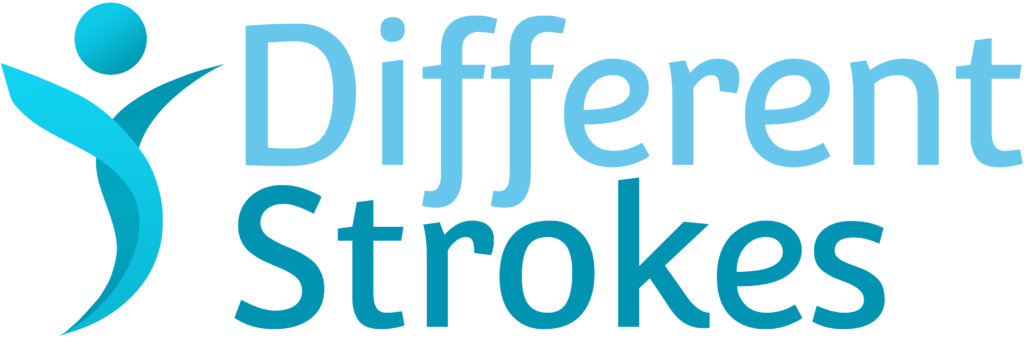I couldn’t even speak one word initially as my brain had been damaged due to the trauma. One of the areas of my brain that was damaged was the left temporal lobe, which is important for language. A lot of thoughts in my head but couldn’t even speak at all, until one day when I was in Lewisham Hospital, I said “NO” to my husband. I don’t even remember it, but my husband told me. I am glad I was able to finally speak! It was progress.
I also have a mild to moderate communication disorder with high level language and cognitive communication. l had more difficulty understanding inferences and subtleties in written and spoken language, and following complex conversations. I had difficulty giving precise explanations and expressing more complex thoughts. I had reduced facial expression and reduced intonation when speaking which made it harder for me to interact with Aidan and other people. Of course, another big issue was my confidence. My voice used to be monotonous and lacked intonation and because of this, I couldn’t even read bedtime stories for my son. I also had reduced facial expressions, especially on the right side of face.
I tend to make a lot of mistakes in both English and my mother tongue French. I mainly struggle with “word finding” when there is a word for something, but I just don’t know it. I can’t translate between the two languages either. I also tend to make mistakes with masculine and feminine pronouns. I should know them as these exist in my mother tongue in French. But most importantly, I struggle with pronouns in expressions such as “go to” and “go for” and their meanings. Now I just laugh about it.
Though I may seem fluent and articulate, I may need slightly more time to articulate ideas than previously. I never feel articulate though. I have a lot of thoughts in my head, but I can’t find the right words to tell….which has impacted my confidence.
But it’s improving, thanks to a lot of Speech & Language Therapy (SLT) sessions. I would like to say a big THANK YOU to Norma Fender who taught me how to speak with intonation and finally read bedtime stories to my son.
Initially, I just thought I was just stupid, even retarded, but no; it was due to just having had a severe stroke! I owe everything to the Brain Injury Clinic I was at, I didn’t understand at the time what I had , but their team is just amazing. I needed to chase them every other day to get answers, but I did it!
Having a stroke and in three different hospitals for a period in total of eight (long) months completely wiped my confidence. I had to rebuild it gradually. I don’t even know if I would be able to be as before. I tend to doubt myself a lot and undermine my capabilities. I tend to always double check with someone if this is OK or not. But, I’m assured it’s normal.
I had to learn how to eat with cutlery and even hold a pen and write.
I used to think I was deaf…literally deaf. But, no, I just suffer from problems with attentional hearing. When there is background noise, I can’t focus on one thing. It helps when people speak to me and ENUNCIATE so I can understand…but that’s improving as well.
I need clear and concise instructions for everything…even for cleaning! For instance, how was I going to clean a table? Just use water and a cloth? What I was thinking was what is needed for the temperature of the water and which type of cloth, a normal cloth? a microfibre? or a sponge? I just laugh about it now! My beautiful broken brain…same happened for cleaning the rest of our flat.




















